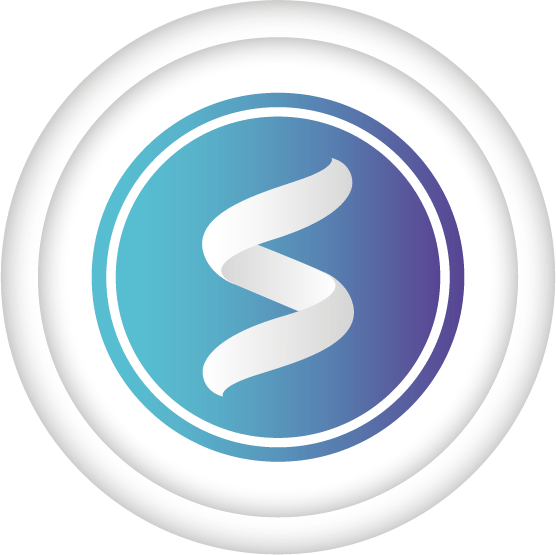Brazil’s iGaming Market Waits for No One: Are You Ready?

Salsa Technology
The iGaming Platform and Services provider of LatAm
May 19, 2025
Monday, August 4, 2025 – Salsa Technology has officially added SpinCraft to its content portfolio. The game studio, made up of a Latin America-focused team with a strong Hispanic DNA, brings deep understanding of local player preferences and behaviours. SpinCraft’s arrival reinforces Salsa’s commitment to delivering high-performance, locally relevant content for iGaming operators across the region.
Founded by industry veterans, SpinCraft creates immersive HTML5 video slots that combine classic themes, modern mechanics and eye-catching visuals — all crafted to enhance player engagement. Key features include Free Spin Bonus rounds, special free spins stages, Picker Bonus functionality, and feature buy options that allow direct access to the most thrilling parts of the game.
“At SpinCraft, we take pride in our diverse portfolio of captivating slots, each designed to engage players and keep them entertained. From timeless themes to cutting-edge innovation, we strive to offer something for every type of player,” said Luis Traversa, Chief Commercial Officer at SpinCraft.
With a strong focus on the LATAM market, SpinCraft games deliver an outstanding user experience, entertainment value, and cultural proximity. The company has also developed a VLT solution that enables integration with third-party portfolios, significantly expanding the offering available to operators and ensuring a robust, competitive ecosystem. This approach positions SpinCraft as a key player in the sector, combining creativity, technology, and adaptability.
The initial catalogue now live on Salsa Gator includes 15 titles, with standout games such as Midnight EggScape, Volcano Island, and Diamond Sparks. At least six more releases are planned before the end of the year, all undergoing certification for the markets of Peru, Colombia, and Brazil.
“SpinCraft demonstrates a real commitment to innovation and gameplay quality — values that align perfectly with Salsa’s vision. We’re truly excited about this partnership and confident that our operator partners will benefit from this new content,” commented Eliane Nunes, Chief Growth Officer at Salsa Technology.
With this integration, Salsa Technology continues to strengthen its content ecosystem with certified, localised and scalable solutions, fully aligned with the growth of regulated markets in the region.
About SpinCraft
SpinCraft is a game studio specialising in the development of video slots that blend tradition, innovation, and high performance. With a team of Latin American experts and a strong focus on the regional audience, the company delivers immersive gaming experiences featuring modern technology, engaging visuals, and mechanics designed to maximise player engagement. SpinCraft’s mission is to provide relevant and competitive entertainment for regulated iGaming markets. For more information: https://www.spincraftgaming.com/


